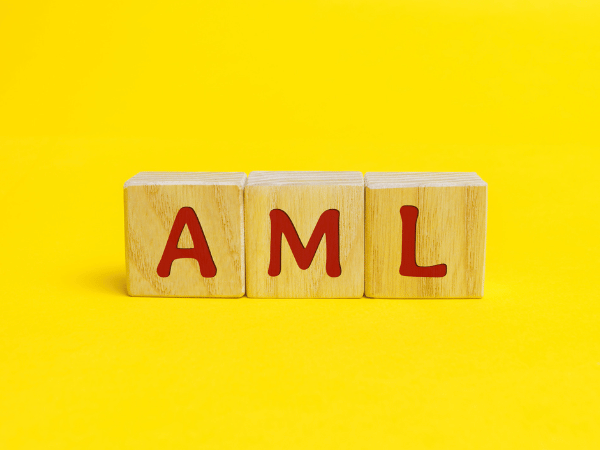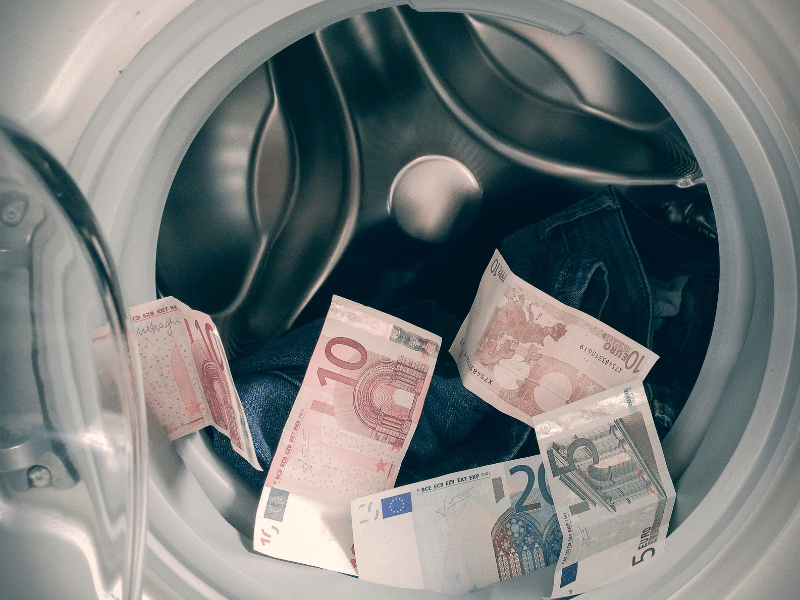VAT on Disbursements – The Post BA v Prosser effect?
In autumn last year the Law Society issued some guidance for law firms and solicitors in relation to the treatment of VAT on disbursements. This was in light of obiter comments made in the British Airways Plc v Prosser case in April 2019.
In the already hotly discussed topic of VAT considerations, the Prosser case added further commentary for solicitors when dealing with the treatment of VAT on disbursements, when firms incur costs as part of their supplies to their clients.
Prior to the Prosser decision, the case which is viewed as pivotal on the matter of VAT on disbursements was the Brabners litigation. This First Tier Tax Tribunal decision only bound the two parties involved however so, whilst familiar to most practices, its principles are not a mandatory requirement to be adopted.
The majority of firms have adopted the ‘Brabners Principles’ since 2017, nevertheless, where it may appear to not be beneficial to do so, some firms have opted to distance themselves from the decision when their own facts are distinguishable, often referencing to differences in terms and conditions as a factor.
The ‘BA Case’ distinction
However, firms now must sit up and appreciate that the British Airways (BA) case brings any distinctions they could make from the Brabners case into doubt through its support of the narrow interpretation of the Brabners case, and this is reflected in the guidance provided by the Law Society.
The BA case has also provided a distinction on previous decisions, such as that of Barratt, Goff and Tomlinson [2011], suggesting that the only differentiating factor is whether or not a solicitor or legal representative acts as a ‘post-box’. The judge offered some clarity by stating this will ‘rarely, if ever be the case’. Focusing on whether VAT is chargeable on medical reports bought in from third parties, for solicitors to then make comments, the BA case acknowledged that the HMRC has long accepted that private medical records are protected by statute; they only belong to the client and the solicitor will only ever obtain them on ‘behalf of the client’ and this previous position gave a potential defence against an assessment based on Brabners.
However, in BA , stating the ‘post-box’ position, the judge’s comments resonated with the Brabners decision observing that when the provision of a third party’s services has been engaged to help advise a client or to facilitate the pursuit of a client’s claim, these are considered to be part of the solicitor’s broader supply of legal services to their client.
The solicitor’s role was not merely to forward the report to the client, but the report was supplied to the solicitor to enable him effectively to perform a service to his client. It did not matter to whom the reports belonged, other than where the solicitor is clearly a conduit or delivery facilitator.
The broader impact?
When considering the impact on the treatment of disbursements, the BA obiter comment indicates that the contractual position may not in fact reflect the economic reality. To conclude, the details of the view of the court is that any disbursement incurred on anything other than a ‘post box’ transaction will be incorporated within the supply of services by the solicitor who is acting as principal.
Law firms will need to consider their own treatment of all disbursements recognising that relying on differentiators from Brabners will no longer be sufficient.
What will be the HMRC default position?
In light of the above, does this mean that no items currently treated as disbursements can ever be incurred ‘on behalf of the client’?
The result of the obiter in the BA case will only lead to more firms facing questions and assessments from HMRC where they continue to treat disbursements as VAT-free which could, to any degree, be seen to form part of the solicitor’s services. The key question is whether the firm receives a service as opposed to paying a statutory fee and what will the firm do with that information once it has been received?
Costs incurred on client engagements – a breakdown:
- Costs incurred on non-statutory fees and any services from third parties
Where a law firm receives any service from a third party, it is likely that those will not be considered as VAT disbursements and VAT is due on the recharge of such costs to the client.
It is suggested by the judgement that it is rare that these costs will be true VAT disbursements; as it is unlikely that there is a contract with the client by the provider, and in most cases the costs are incorporated within the supply of legal services.
- Payment of clear client obligations
This is when, for example, there is a clear case where a solicitor receives no service and is just transferring client monies. The decision therefore does not have an impact on any services a solicitor carries out such as transferring stamp duty for the purchase of a property, or court fees.
- Statutory fees forming part of the legal services
Similar to the Brabners decision, these will be where a third party cost such as a search fee are consumed within the supply of legal services. Notably important is that the client expects to receive and obtain advice relating to that cost, and the law firm applies its resources to considering the impact of that information supplied by the third party.
- Statutory fees not forming part of the legal services
This might include for example a court fee payable for lodging papers. Where this decision muddies the waters a little is that it would suggest that such fees may not qualify if they are incorporated within the services provided. For example the client expects it to happen and the law firm adds value to the process by filling in, checking and submitting the forms as part of an all-encompassing service.
What next?
We still await advice from HMRC in respect of these cases and as such it must be assumed that they feel that their current guidance on disbursements is satisfactory. The overriding factor appears to be the question of the line of supply – who is actually in receipt of the supply? Is the line of supply to the client or is it to the solicitor? Is the solicitor simply an agent? Is the payment genuinely a disbursement? If a law firm receives the supply then it will form part of its service and thus normally taxable at the standard rate.
It is useful to have a reminder of the HMRC guidance in relation to disbursements. In order to treat a disbursement as a disbursement and therefore not charge VAT on to your client, all of the following needs to apply:
The Disbursement Rules
- you acted as the agent of your client when you paid the third party
- your client actually received and used the goods or services provided by the third party (this condition usually prevents the agent’s own travelling and subsistence expenses, telephone bills, postage, and other costs being treated as disbursements for VAT purposes)
- your client was responsible for paying the third party (examples include estate duty and stamp duty payable by your client on a contract to be made by the client)
- your client authorised you to make the payment on their behalf
- your client knew that the goods or services you paid for would be provided by a third party
- your outlay will be separately itemised when you invoice your client and you recover only the exact amount which you paid to the third party; and
- the goods or services, which you paid for, are clearly additional to the supplies which you make to your client on your own account.
 (0)20 3051 2049
(0)20 3051 2049




